Filter by
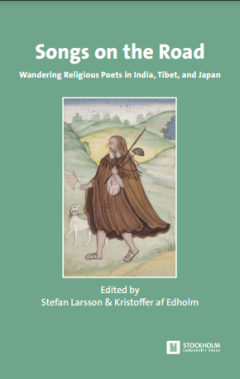
Songs on the Road : Wandering Religious Poets in India, Tibet, and Japan
The chapter proceeds from the sense of mutual dependence that existed between rudimentary warrior-elites and specialized supp-liers of prestige in archaic Greek and Indo-Iranian societies. While this tension was fraught with the danger of bankruptcy and disloy-alty, it also fostered new modes of antinomian religiosity. The Greek and Vedic comparanda revolve around the notion of sacrif…
- Edition
- -
- ISBN/ISSN
- 9789176351369
- Collation
- 154pg
- Series Title
- -
- Call Number
- 808.819382 LAR s
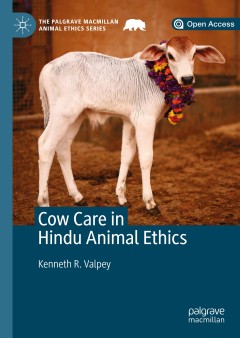
Cow care in Hindu animal ethics
This open access book provides both a broad perspective and a focused examination of cow care as a subject of widespread ethical concern in India, and increasingly in other parts of the world. In the face of what has persisted as a highly charged political issue over cow protection in India, intellectual space must be made to bring the wealth of Indian traditional ethical discourse to bear on t…
- Edition
- -
- ISBN/ISSN
- 9783030284084
- Collation
- xxx, 269p. : ill.
- Series Title
- -
- Call Number
- 179.3 VAL c
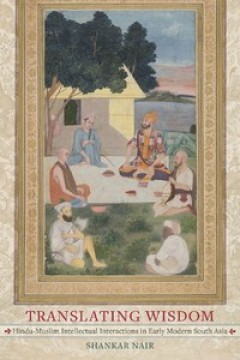
Translating wisdom : Hindu-Muslim intellectual interactions in early modern S…
A free open access ebook is available upon publication. Learn more at www.luminosoa.org. During the height of Muslim power in Mughal South Asia, Hindu and Muslim scholars worked collaboratively to translate a large body of Hindu Sanskrit texts into the Persian language. Translating Wisdom reconstructs the intellectual processes and exchanges that underlay these translations. Using as a case …
- Edition
- -
- ISBN/ISSN
- 9780520975750
- Collation
- XVI, 260 p.
- Series Title
- -
- Call Number
- 294.51570954 NAI t
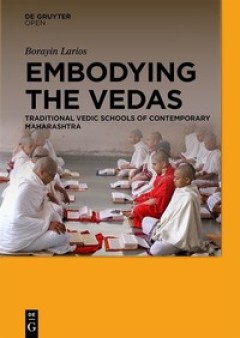
Embodying the Vedas : traditional Vedic schools of contemporary Maharashtra
Popularly Hinduism is believed to be the world’s oldest living religion. This claim is based on a continuous reverence to the oldest strata of religious authority within the Hindu traditions, the Vedic corpus, which began to be composed more than three thousand years ago, around 1750–1200 BCE. The Vedas have been considered by many as the philosophical cornerstone of the Brahmanical traditi…
- Edition
- -
- ISBN/ISSN
- 9783110517323
- Collation
- XVI, 272 p.
- Series Title
- -
- Call Number
- 294.5921071 LAR e
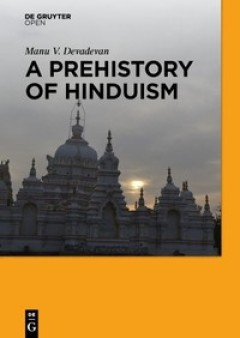
A prehistory of Hinduism
This book is a pioneering attempt to understand the prehistory of Hinduism in South Asia. Exploring religious processes in the Deccan region between the eleventh and the nineteenth century with class relations as its point of focus, it throws new light on the making of religious communities, monastic institutions, legends, lineages, and the ethics that governed them. In the light of this prehis…
- Edition
- -
- ISBN/ISSN
- 9783110517378
- Collation
- XIII, 222 p.
- Series Title
- -
- Call Number
- 290 DEV a
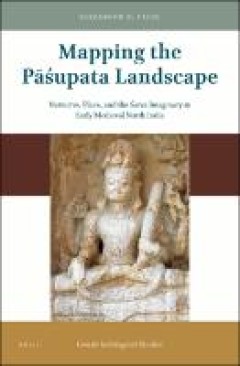
Mapping the pāśupata landscape : narrative, place, and the saiva imaginary …
In Mapping the Pāśupata Landscape Elizabeth A. Cecil presents a spatial and material history of the Pāśupata tradition and examines the formation of a Śaiva religious landscape in Early Medieval India. Readership: All interested in the history of Hinduism, and particularly the worship of the god Śiva, in premodern India; scholars of early medieval history and society in South Asia, and th…
- Edition
- -
- ISBN/ISSN
- 9789004424425
- Collation
- XIII, 271 p.
- Series Title
- Gonda Indological Studies, 21
- Call Number
- 704.948945 CEC m
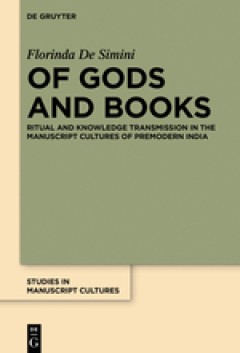
Of Gods and Books : Ritual and Knowledge Transmission in the Manuscript Cultu…
India has been the homeland of diverse manuscript traditions that do not cease to impress scholars for their imposing size and complexity. Nevertheless, many topics concerning the study of Indian manuscript cultures still remain to receive systematic examination. Of Gods and Books pays attention to one of these topics - the use of manuscripts as ritualistic tools. Literary sources deal quite ex…
- Edition
- -
- ISBN/ISSN
- 9783110478815
- Collation
- XI, 417 p.
- Series Title
- Studies in Manuscript Cultures
- Call Number
- 294.592 DES g
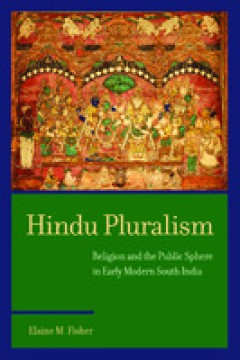
Hindu Pluralism: Religion and the Public Sphere in Early Modern South India
In Hindu Pluralism, Elaine M. Fisher complicates the traditional scholarly narrative of the unification of Hinduism. By calling into question the colonial categories implicit in the term “sectarianism,” Fisher’s work excavates the pluralistic textures of precolonial Hinduism in the centuries prior to British intervention. Drawing on previously unpublished sources in Sanskrit, Tamil, and T…
- Edition
- -
- ISBN/ISSN
- 9780520966291
- Collation
- XI, 300 p.
- Series Title
- -
- Call Number
- 294.509548 FIS h
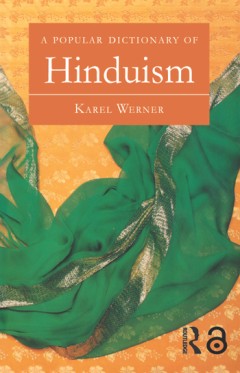
A popular dictionary of Hinduism
A multi-purpose reference work which should become an indispensable companion for anybody who comes into touch with Hinduism. Includes a dictionary of Sanskrit and vernacular terms; a glossary of terms and concepts; and a survey of the historical development of Hinduism.
- Edition
- -
- ISBN/ISSN
- 9780203986189
- Collation
- 185p.
- Series Title
- -
- Call Number
- 294.503 WER p
 Computer Science, Information & General Works
Computer Science, Information & General Works  Philosophy & Psychology
Philosophy & Psychology  Religion
Religion  Social Sciences
Social Sciences  Language
Language  Pure Science
Pure Science  Applied Sciences
Applied Sciences  Art & Recreation
Art & Recreation  Literature
Literature  History & Geography
History & Geography